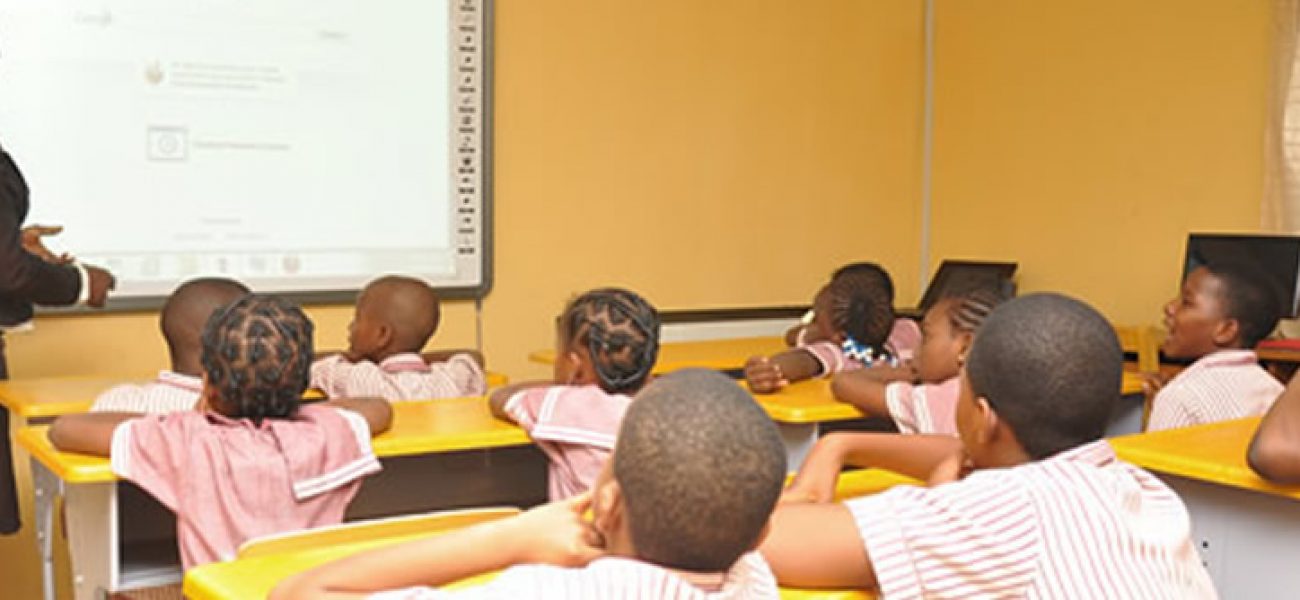Nigeria’s Minister of Education, Adamu Adamu recently threw a spanner in the wheels of those seeking the reopening of schools in the country when he emphatically stated that schools will not re-open. Two weeks ago, the Presidential Task Force (PTF) on COVID-19 had announced that pupils in exit classes of primary and secondary schools could resume to enable them take their exams. Elaborating on this, Minister of State for Education had pointed out that some of the exit exams, including that offered by the West African Examination Council (WAEC) was a cross-border examination and that Nigeria needed to be part of it. Apparently trashing his Minister of State’s position and overruling the PTF, Mr. Adamu announced outrightly in a press briefing that Nigeria would not be taking part in the WAEC conducted examinations owing to COVID-19 concerns. The Minister said that as COVID-19 was seriously ravaging the country, he would not allow pupils to be endangered. According to him, WAEC is a department under his ministry and cannot act without his approval. This is clearly a misstatement and puzzling, coming from a Minister who should know that WAEC is a sub-regional body answerable to the West African countries that set it up and not to the government of Nigeria alone. Amidst the back and forth on the resumption of schools, the Federal Ministry of Education on Monday, July 13 announced guidelines for the reopening of schools. It is unclear if the Minister has read these guidelines issued by his ministry. It is also unclear if the Minister understands that Nigeria is a Federal system and that his ministry has no powers to restrain State governments from deciding on schools in their domain reopening.
The guidelines stipulate that learners should be supported to maintain physical distancing of at least two metres, with other risk mitigation strategies adopted where this cannot be reasonably achieved, for example, among young school children and those with additional needs. Alternative learning models such as outdoor learning, staggered attendance, alternate attendance, platooning, creative delivery, etc may be adopted to achieve physical distancing. Learning facilities are to be disinfected and fumigated, with procedures put in place to ensure adequate response if students, teachers or administrators feel unwell. These facilities are also expected to maintain hygiene standards such as handwashing, use of face masks, proper food preparation and proper waste disposal. The guidelines further provide for sensitisation and capacity building for all education personnel.
According to the guidelines, when it is demonstrated that it is safe for teachers and learners to return to school, phased and gradual reopening of schools is encouraged to minimise the risk of infections and resurgence of community infections. Federal and State Ministries of Education are expected to decide when to reopen following due consultations with the PTF, Federal Ministry of Health, Nigeria Centre for Disease Control (NCDC) and other relevant stakeholders, including private sector education providers. Consultations among parents, learners and teachers are equally important to address common concerns. Among other provisions, the guidelines stipulate that a monitoring and evaluation framework be established to track and report progress on the reopening process and operations.

